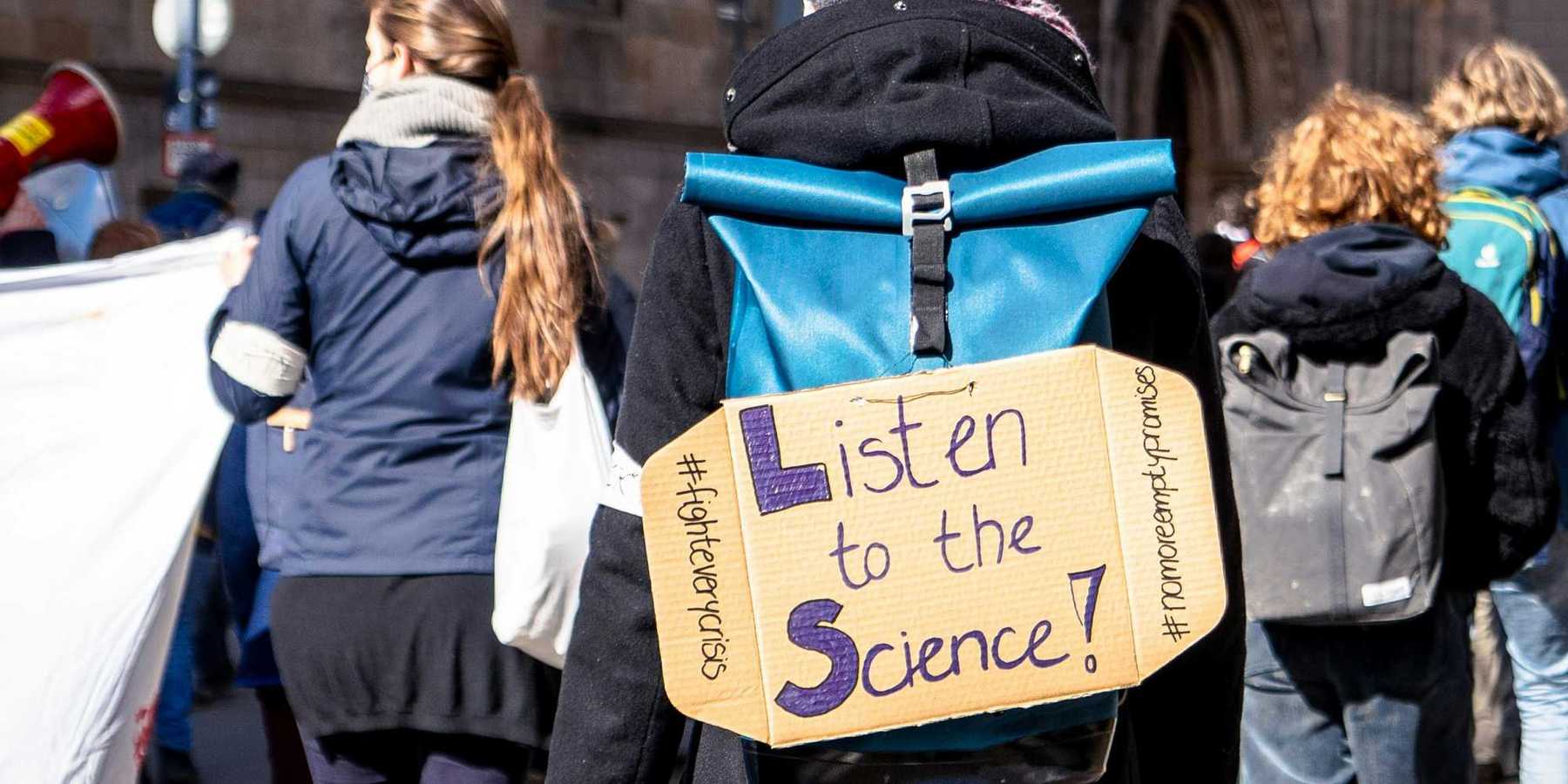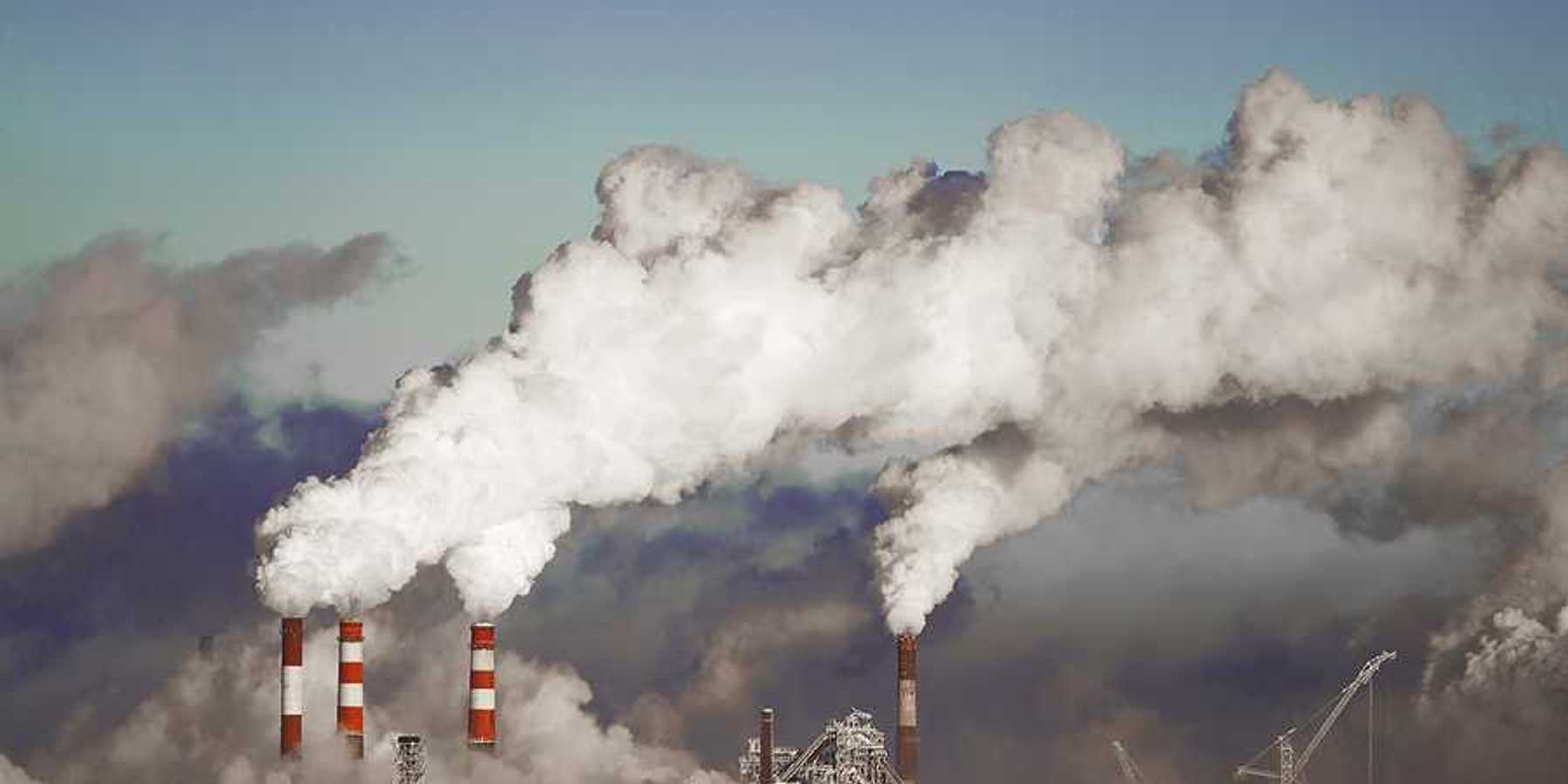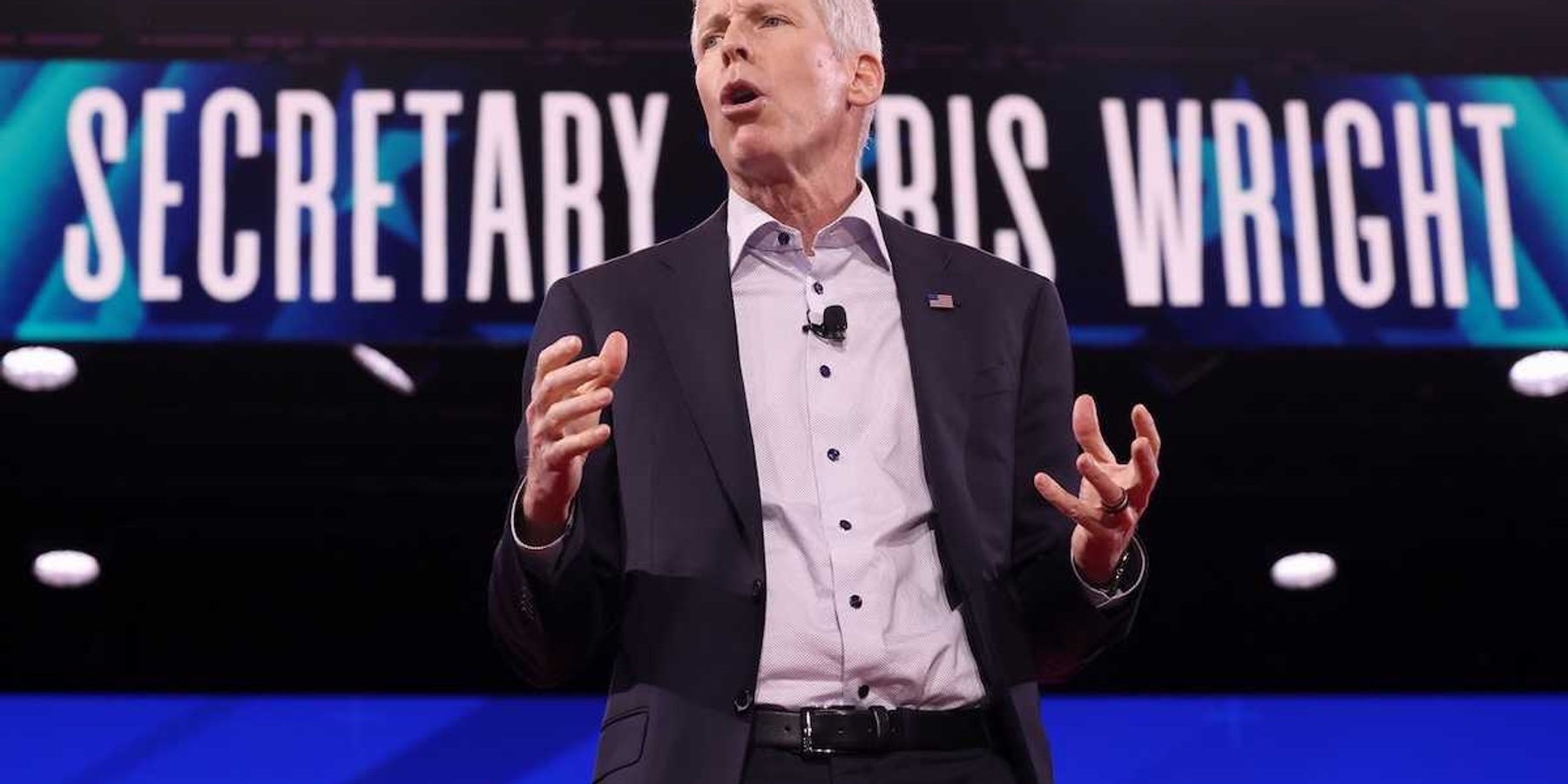Supreme Court weighs whether fuel producers can sue over California’s clean car rules
The Supreme Court heard arguments this week on whether fuel companies can challenge California’s clean vehicle standards, a case that could undermine the state’s authority to limit car emissions.
Rachel Frazin reports for The Hill.
In short:
- The court is reviewing whether fuel producers have standing to sue over California’s emissions rule, not the legality of the rule itself.
- Some justices, including Brett Kavanaugh, questioned why the U.S. Environmental Protection Agency didn’t initially oppose the lawsuit on procedural grounds, suggesting a potential openness to reviving the case.
- If the case is revived, lower courts would reassess it, potentially affecting California's current and future emissions policies.
Key quote:
“Isn’t that a tell here? I mean, EPA, as you, of course, know, routinely raises standing objections when there’s even — even a hint of a question about it.”
— Justice Brett Kavanaugh
Why this matters:
California’s clean car rules are among the most aggressive climate policies in the U.S., setting standards that other states often follow. These regulations, which include a gradual phase-out of gas-powered cars, aim to cut greenhouse gas emissions and improve air quality in a state plagued by vehicle pollution. But the pushback from fuel producers reflects broader tensions between federal authority, state environmental ambition, and the fossil fuel industry’s economic interests. A ruling allowing the lawsuit to proceed could slow or weaken similar initiatives nationwide, emboldening legal challenges to local environmental efforts. The case also comes as climate scientists warn that transportation emissions must fall sharply to avoid the worst effects of global warming.
Read more: California regulators push back against car dealers' campaign on emissions rule













